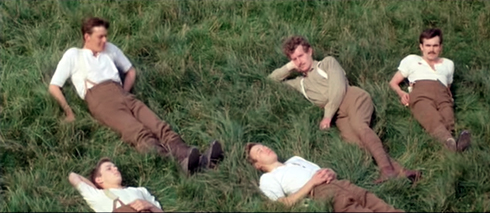 Attenborough’s Oh! What a Lovely War keeps the essential anti-war satire originally envisioned by Charles Chiltern and Joan Littlewood. New and effective, however, is the film’s final sequence, which begins as a picnic on the grass and ends with a...
Attenborough’s Oh! What a Lovely War keeps the essential anti-war satire originally envisioned by Charles Chiltern and Joan Littlewood. New and effective, however, is the film’s final sequence, which begins as a picnic on the grass and ends with a...
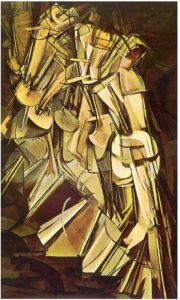 Tom Stoppard’s Artist Descending a Staircase (1972) includes the memorable simile: “Skill without imagination is craftsmanship and gives us many useful objects such as wickerwork picnic baskets. Imagination without skill gives us modern art.” A neat turn of phrase....
Tom Stoppard’s Artist Descending a Staircase (1972) includes the memorable simile: “Skill without imagination is craftsmanship and gives us many useful objects such as wickerwork picnic baskets. Imagination without skill gives us modern art.” A neat turn of phrase....
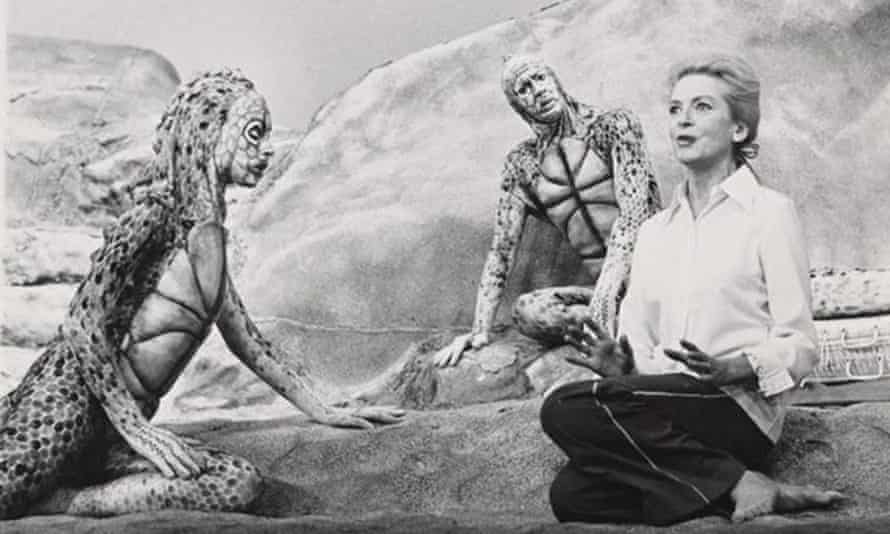 Albee’s Seascape is set on a beach, the evolutionary boundary from which sea creatures emerged to walk on land. The action begins innocently. Charlie and Nancy Man are just finishing a picnic when they encounter two primordial green lizards, Leslie and Sarah,...
Albee’s Seascape is set on a beach, the evolutionary boundary from which sea creatures emerged to walk on land. The action begins innocently. Charlie and Nancy Man are just finishing a picnic when they encounter two primordial green lizards, Leslie and Sarah,...
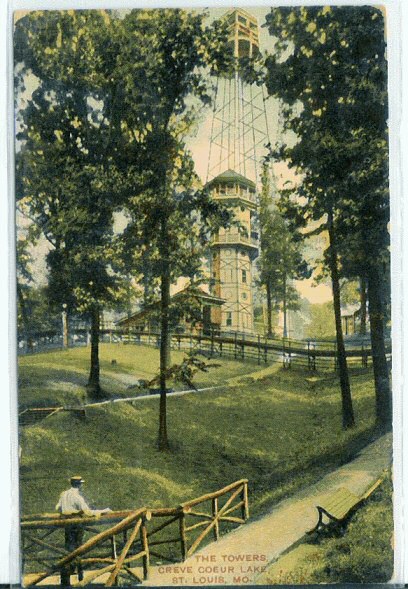 Williams’s A Clear Day for Creve Coeur (1979) is so anti-picnic that it ends the action before the picnic begins. The play’s title is a pun on the French creve coeur, which means heartbreak. In the middle or late 1930s, Creve Coeur was an active amusement...
Williams’s A Clear Day for Creve Coeur (1979) is so anti-picnic that it ends the action before the picnic begins. The play’s title is a pun on the French creve coeur, which means heartbreak. In the middle or late 1930s, Creve Coeur was an active amusement...
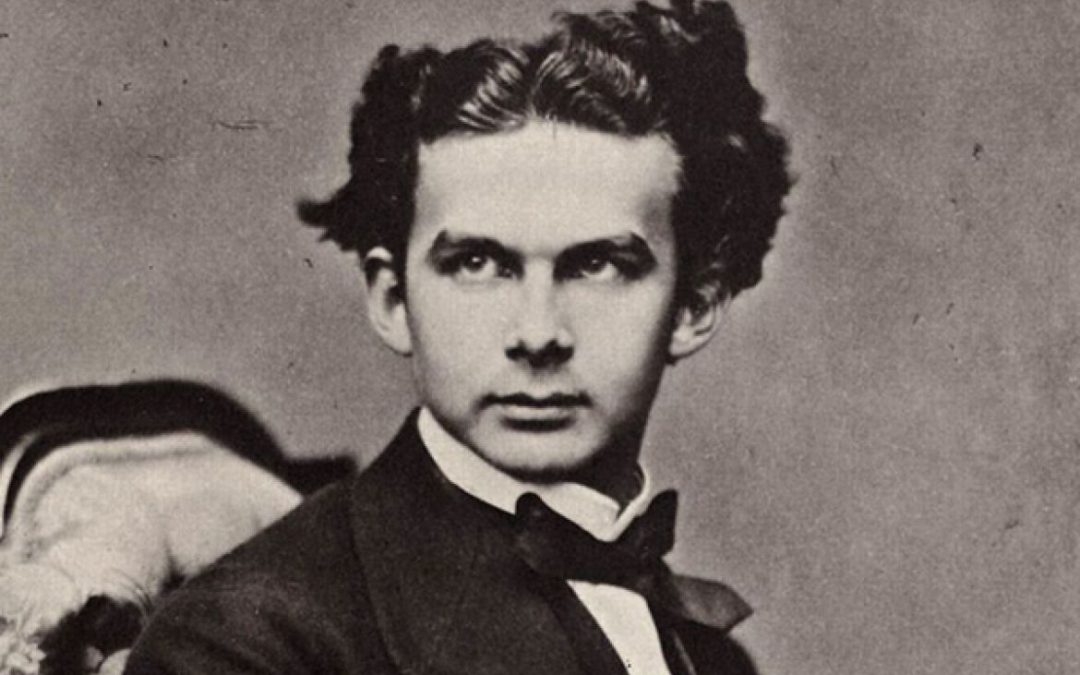 Peters’ verse narrative The Picnic in the Snow: Ludwig of Bavaria (1982, rev. 1986) is a bio-drama about Ludwig II, King of Bavaria, an unhappy gay man, creative and destructive, who “cultivated the esthetic experience and the dream world.” ...
Peters’ verse narrative The Picnic in the Snow: Ludwig of Bavaria (1982, rev. 1986) is a bio-drama about Ludwig II, King of Bavaria, an unhappy gay man, creative and destructive, who “cultivated the esthetic experience and the dream world.” ...
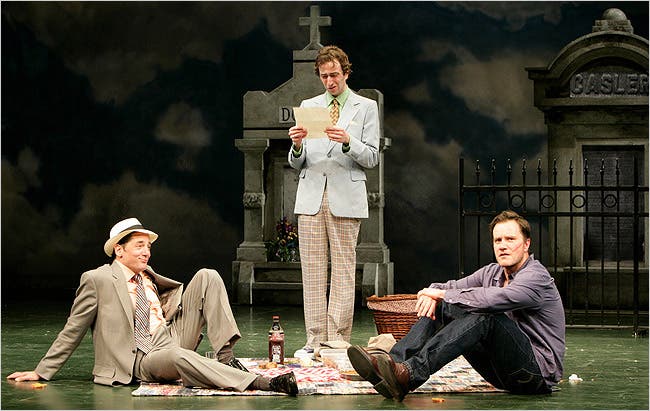 Henley’s play Ridiculous Fraud climaxes with a family picnic in a cemetery. “Picnics in the graveyard! A great New Orleans tradition,” says Uncle Baites, “Why weep over the dead? We come, we go. We come, we go!” It is the annual Clay...
Henley’s play Ridiculous Fraud climaxes with a family picnic in a cemetery. “Picnics in the graveyard! A great New Orleans tradition,” says Uncle Baites, “Why weep over the dead? We come, we go. We come, we go!” It is the annual Clay...
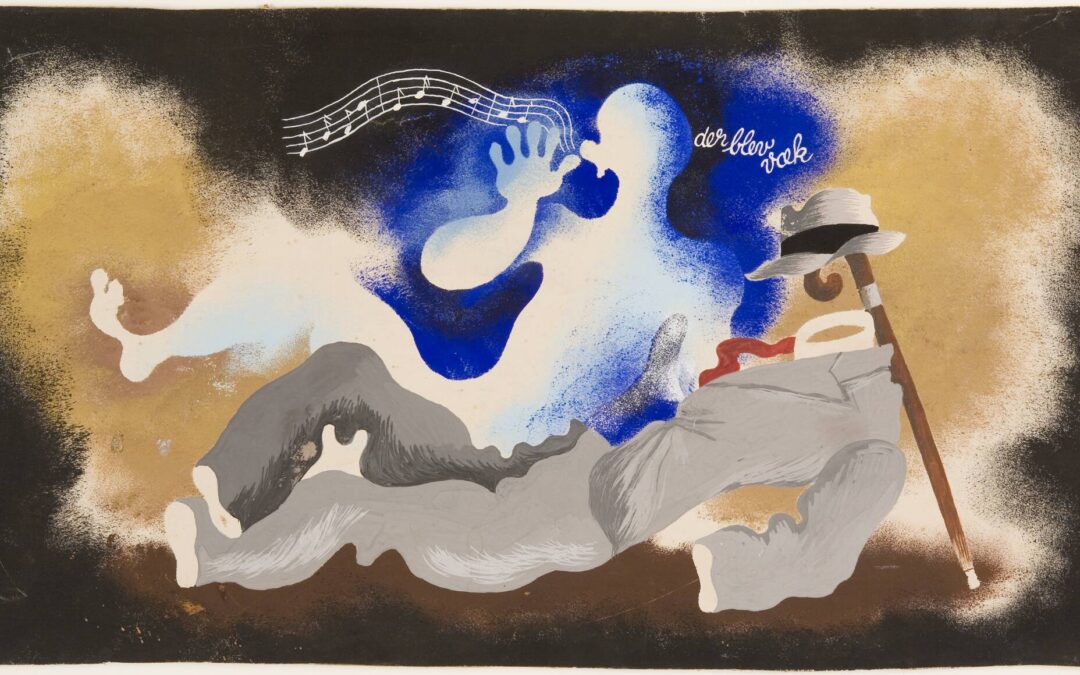 Abell’s The Melody That Got Lost is a surrealistic drama with music that severely critiques modern conformity to middle-class values and the insipid qualities of middle-class imagination with a picnic filled with trash. The picnic scene begins when a typically...
Abell’s The Melody That Got Lost is a surrealistic drama with music that severely critiques modern conformity to middle-class values and the insipid qualities of middle-class imagination with a picnic filled with trash. The picnic scene begins when a typically...








